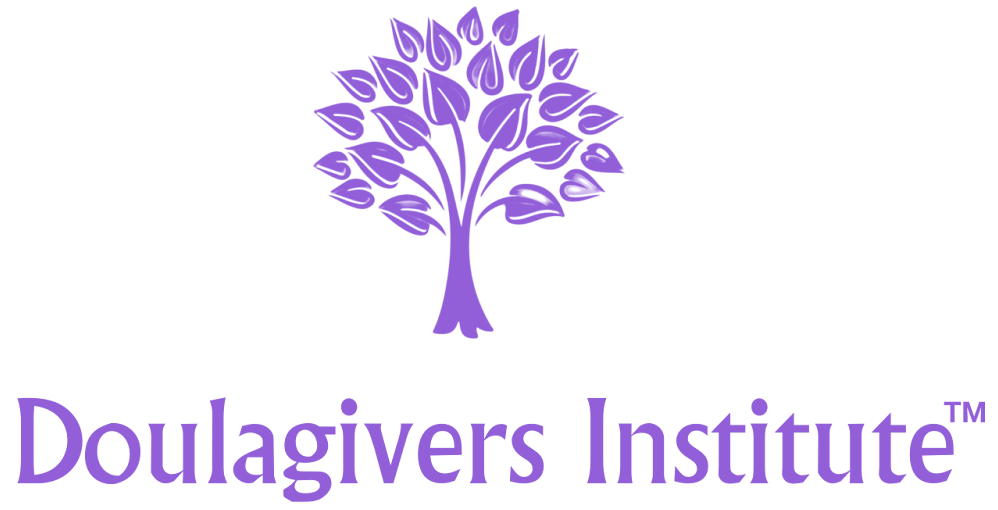
What Is an End of Life Doula?
Jul 1, 2025
What Is an End of Life Doula?
Death is a universal experience, yet many people feel unprepared when it comes time to face it. This uncertainty around death is something that society has long struggled with. Traditionally, death has been viewed as a medical event, something to be feared, managed, and often rushed. However, in recent years, there’s been a shift toward acknowledging the emotional, spiritual, and psychological aspects of dying. That’s where End of Life Doulas come in. Also known as death doulas, these compassionate guides are transforming how individuals and families experience one of life’s most sacred transitions. They are not medical providers. They are trained professionals who bring back the human side of dying, offering emotional, spiritual, and practical support through one of life’s most sacred transitions.
If you’ve never heard of this role before, you’re not alone. But it may be one of the most important forms of care you’ve never considered until now.
1. What Is an End of Life Doula?
An End of Life Doula is a non-medical professional who supports individuals and their families through the final stages of life. They help people prepare, cope, and find peace, emotionally, practically, and spiritually.
Unlike hospice, which focuses on physical comfort and symptom management, doulas focus on emotional presence, meaning-making, and continuity of care.
They:
- Sit bedside to offer calm, grounded presence
- Help create legacy projects and memory books
- Guide families through what to expect before, during, and after death
- Normalize the dying process with compassion and clarity
- Help reduce fear by holding space for honest, gentle conversations
2. What Makes a Death Doula Different from Hospice or Medical Care?
End of life doulas do not provide medical care, but they work in harmony with hospice and palliative teams.
Unlike hospice care, which focuses primarily on physical comfort, end of life doulas provide support that goes beyond the clinical needs. They fill the emotional gaps that medical teams may not be able to address, offering a kind of emotional anchoring that can be especially helpful in families navigating grief. For example, a doula might guide family members through what they can expect emotionally at different stages, helping them find a way to honor their loved one’s legacy while also caring for themselves.
Where hospice ends, doulas step in to:
- Fill the emotional gaps that clinical teams can’t
- Stay longer and offer continuous presence
- Focus on the whole person, body, mind, and soul
- Support families before and after death, not just during active dying
Doulas help people die the way they want with dignity, meaning, and love.
For a medical overview of hospice vs. doula support, visit the National Hospice and Palliative Care Organization.
3. Why Are More Families Choosing End of Life Doulas?
Because dying is not just a medical event, it’s a human one. And in today’s fast-paced, often clinical world, people are craving more support, not less.
Families are turning to end of life doulas because they provide a level of personalized care that aligns with each family’s unique beliefs and needs. The doulas’ presence offers a sense of continuity and trust, especially when medical teams change frequently during the course of treatment. More importantly, doulas support family members not only during the active dying phase but also help them process anticipatory grief. This process can often be overwhelming for families, but doulas help them understand and navigate their emotions, easing the journey.
Families choose doulas because they want:
- Personalized care that reflects their values and beliefs
- Continuity and trust, especially when medical teams change often
- Emotional support through anticipatory grief, loss, and meaning-making
- Guidance on how to be present without being overwhelmed
End of life doulas help people reclaim death as a natural, sacred part of life, not something to fear, but something to meet with peace.
4. Who Becomes an End of Life Doula?
Anyone with a calling to support others at the end of life can become a doula.
You do not need to be a nurse, therapist, or spiritual leader. You just need:
- A heart for service
- The ability to hold space without judgment
- A willingness to sit with discomfort, beauty, and truth
Many of our students at Doulagivers are caregivers, hospice volunteers, holistic healers, or people who have been deeply impacted by the death of a loved one and want to give back.
We offer a FREE Level 1 End of Life Doula Training to help you explore this calling and see if it’s the right path for you.
👉 FREE Doulagivers Institute On-Demand Level 1 End of Life Doula and Family Caregiver Training Webinar
5. How to Find or Become a Doula
If you or someone you love is approaching the end of life, having a doula can make a powerful difference.
You can:
- Request a doula through local networks or the Doulagivers Directory
- Talk to your hospice team about integrating a doula into your plan
- Start your own journey to become one
This work is changing the culture of death, bringing back compassion, presence, and humanity.
Let’s Reclaim the Sacredness of Dying
Whether you’re navigating a terminal diagnosis, supporting a loved one, or answering a personal calling, now is the time to reclaim the way we care for one another at the end of life.
At Doulagivers, we believe that death is not a medical event, it’s a human experience. And everyone deserves to be supported with dignity, love, and presence.
Additional Resources:
The GOOD DEATH GOOD LIFE Live Monthly BOOK CLUB and Q&A: Register here
Need help with something else? Send us an email to [email protected]


